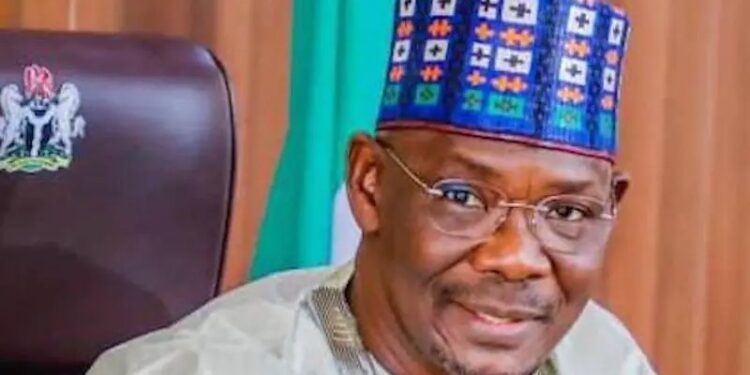Governor Abdullahi Sule of Nasarawa State has expressed concern over non-Nigerians profiting significantly from the country’s solid minerals sector while leaving citizens with minimal benefits. He made these remarks during a public policy dialogue on Nigeria’s minerals and mining legislation, organized by the House of Representatives Committee on Solid Minerals at the National Assembly Complex in Abuja.
Governor Sule called for institutional reforms to enhance the fortunes of the solid minerals sector and ensure that Nigerians benefit more from the industry. He highlighted a specific instance where a community in Nasarawa received a compensation amounting to a mere N700 million, emphasizing the need for policies that prioritize the interests of Nigerians.
He stated, “If we are serious about the future of the economic situation of Nigeria, we must reform what we call the solid mineral sector, and if we must reform, we must come up with policies and reform them to benefit Nigerians. If we don’t do that, we will just be joking.”
Jonathan Gaza, Chairman of the House Committee on Solid Minerals, provided insights into the Nigerian Minerals and Mining Act (Amendment) Bill currently under consideration. The proposed bill suggests allocating five percent of the total revenue from all minerals mined to the host communities. Additionally, the bill aims to establish a Mines Inspection and Environmental Agency to enhance oversight of mining activities, bridge the gap between the Federal and State Governments, and empower the Mineral Resources and Environmental Management Committee for joint oversight.
Gaza emphasized the prioritization of community development and environmental concerns in the bill, drawing parallels with the Petroleum Industry Act that designates three percent of annual operational expenditure to host communities. He expressed the belief that the proposed measures can be reviewed and improved to address the informality within the sector.
Deputy Speaker of the House of Representatives, Benjamin Kalu, highlighted the significance of the bill, stating that its passage would mark a turning point for Nigeria’s mineral wealth. Kalu acknowledged the challenges facing the solid mineral sector, such as insecurity, inadequate infrastructure, and a lack of skilled manpower, and expressed optimism that the proposed amendments would address these issues.
He concluded by noting the progress made by projects like the Segilola Gold Project in Osun State, governed by private-sector-led initiatives, injecting millions of dollars into the economy and attracting essential investments.
























